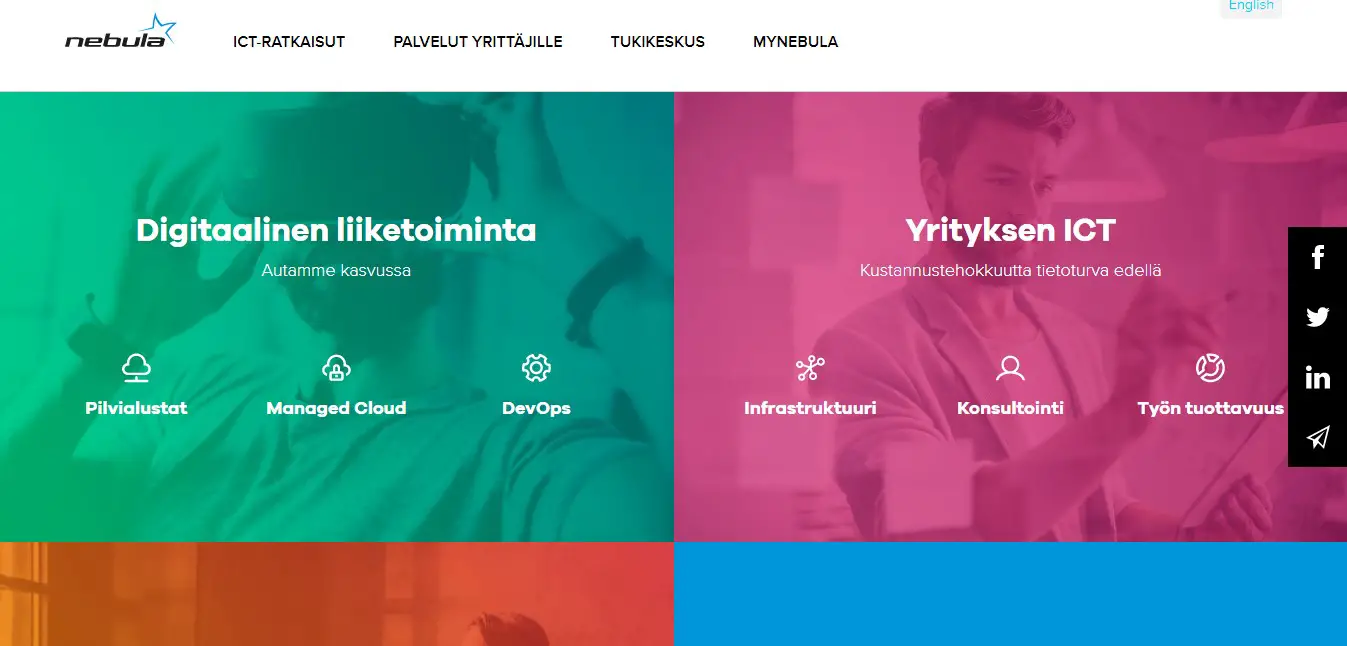
PaaS are typically billed as part of a subscription (yearly, monthly, or otherwise) and are consumption-based, meaning organizations pay for what they need. The technology their application needs to scale and perform is built-in and fully managed. With this option, organizations own their application (in this case, Drupal) and data but none of the infrastructure. PaaS or platform as a service is another alternative. And, while companies won’t need to maintain the physical servers, databases, storage, and file systems themselves, they still need to select the right ones for their applications and ensure that they’ll scale during traffic spikes - not to mention making sure the company doesn’t rack up unnecessary bills with runaway cloud costs. They’re responsible for securing, optimizing, and maintaining the infrastructure, a labor-intensive and time-consuming responsibility. Instead, they purchase it as needed and pay for it on a yearly, monthly, weekly, or even by-the-minute basis depending on business needs. With this approach, organizations don’t own any of the infrastructure. Sometimes known as DIY hosting, great examples of IaaS providers are typical public cloud suspects like AWS (Amazon Web Services), Microsoft Azure, or GCP (Google Cloud Platform) others include Rackspace or DigitalOcean. The next option: infrastructure-as-a-service (IaaS) providers.

While on-premise hosting was a popular option in the early 2000s, most organizations are well on their way to the cloud. Costs here will be a mix of capital and operational expenses because of necessary hardware purchases and ongoing maintenance. In this approach, an organization will own everything: the servers, storage, networking, virtualization technology, configuration and management, monitoring, support - you get the picture. On-premise Drupal hostingĭrupal sites can be hosted in an on-premise data center or private cloud. There are quite a few options for Drupal hosting. On-premise, IaaS, and PaaS hosting: Which is right for you? A fully managed Drupal hosting platform provides the scalability, security, and support enterprises need, allowing them to focus on creating new features for customers.

That’s why organizations should consider a Drupal hosting platform that’s offered as a service. As with any CMS, this can often be time-consuming and costly, leaving companies with less time and money for innovation. While the possibilities are endless with Drupal, businesses still need to support their applications with the infrastructure, security, and maintenance that their customers expect.

Drupal is a powerful, flexible open source content management system (CMS) that allows organizations to create and manage multiple websites - thousands even - and to use headless, hybrid, or traditional architectures.


 0 kommentar(er)
0 kommentar(er)
